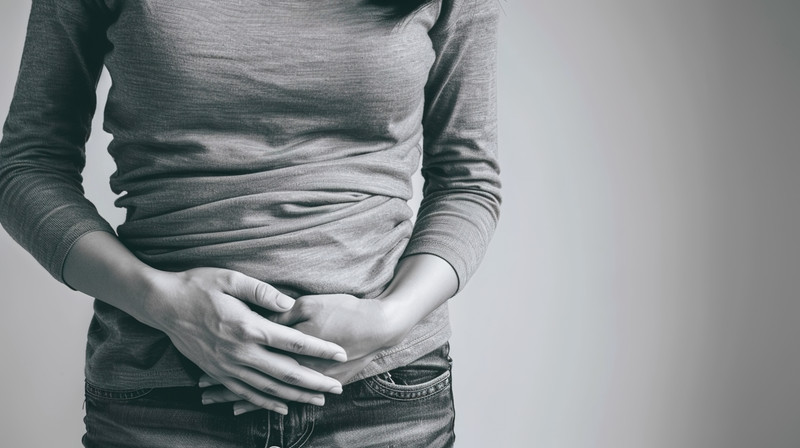Diverticulitis is an inflammatory condition that can occur in the colon of some people under certain physiological circumstances. If you have experienced diverticular disease or are at risk for it, then it would behoove you to read all the way through this blog.
What Is Diverticulitis?
Diverticulitis refers to a specific type of inflammatory disruption that can occur in the colon of those with diverticulosis. Diverticulosis refers to the formation of small pouches in the large intestine (colon), and it is a prerequisite for the occurrence of diverticulitis. Anyone with diverticulosis is potentially at risk of diverticulitis.
While diverticulosis is very common, with occurrence increasing in every age bracket (30% of people over 50 have it, 50% of people over 60), diverticulitis affects only about 4% of people who are afflicted with it. Occurrences of inflammation in the diverticula are often associated with small tears in the intestinal lining, but are sometimes thought to result simply from the flourishing of bacteria in a certain diverticulum within the colon. It sometimes results from a bacterial infection.
Symptoms of diverticulitis include abdominal pain (often severe), distended abdomen, fever, nausea/vomiting, and rectal bleeding. Flare-ups can be acute or chronic, and in some cases, can cause complications such as gastrointestinal bleeding and others. About 80% of cases of diverticulitis are uncomplicated. Uncomplicated cases can sometimes be alleviated on their own, but medical attention and the use of prescription antibiotics are still universally and strongly recommended. Treatment is recommended for the purpose of preventing complications from developing.
Supplements for Diverticulitis
Certain nutritional considerations (increasing intake of plant foods and reducing animal fats) can help prevent flare-ups of diverticulitis. Separately, the use of certain dietary supplements could also help to reduce gastrointestinal inflammation and/or reduce the risk of diverticulitis flare-ups and their symptoms.
Psyllium husk fiber is a recommended supplemental form of fiber. It can help those who have experienced diverticulitis to avoid flare-ups, because it supports substantive stool formation and expedites its passage. These positive effects on digestion can reduce the risk of flare-ups of diverticulitis. Psyllium husk fiber is best taken before a flare-up, and not during one.
Probiotics: Consuming probiotic bacteria has been proven to have many beneficial effects on the gut microbiome, and research from within the last decade suggests that they could help mitigate diverticular disease. A probiotic supplement can be a worthwhile component to healthy gut nutrition and should be taken only in recommended dosages, especially at first.
Omega-3 fatty acids in fish oil can be helpful as a regular supplement because these fatty acids can have a meaningful reductive effect on inflammation. This is a useful supplement for complementing a sound diet for mitigating diverticulitis.
Vitamin D is a crucial supplement for those who want to build a well-founded diet and nutrition plan to manage a gastrointestinal condition such as diverticulosis or diverticulitis. Supplementing with vitamin D is especially helpful for those at risk of deficiency, or if they do not spend much time in the sun.
Turmeric is a recommended herbal supplement because it has properties that reduce inflammation. Taken strategically, turmeric could reduce inflammation, thereby helping to protect the digestive tract, increase enzyme secretion, and relieve pain.
If you or someone in your family is at risk of diverticulitis or has experienced it before, then all of these products should be considered. Talk to your healthcare provider before taking any supplement to address diverticulitis and its symptoms, making sure it is compatible with your physiology and won’t conflict with any medications you might be taking.

